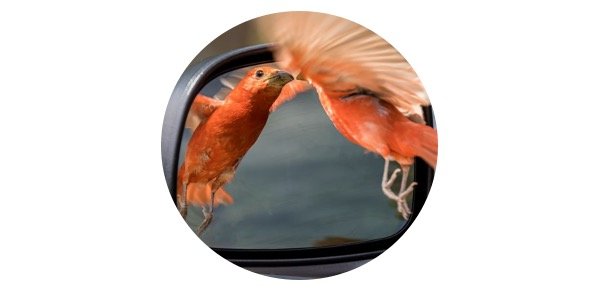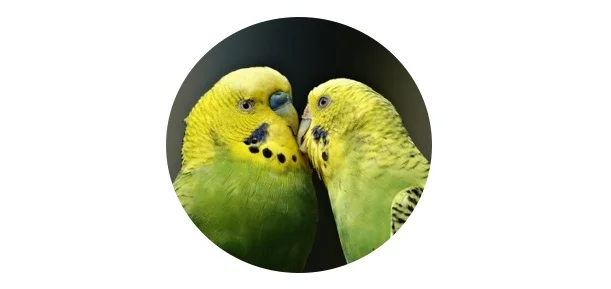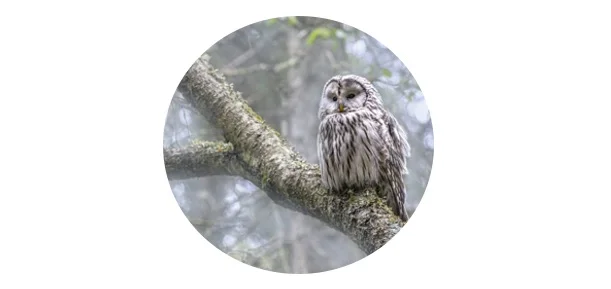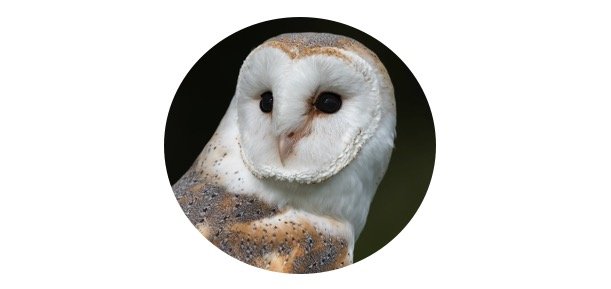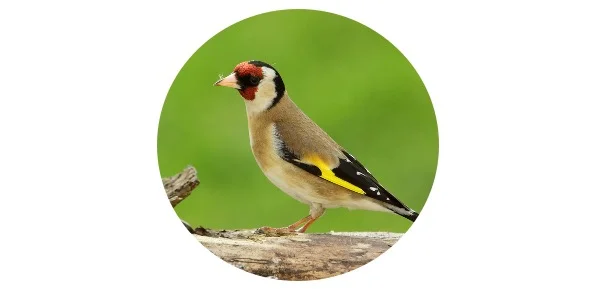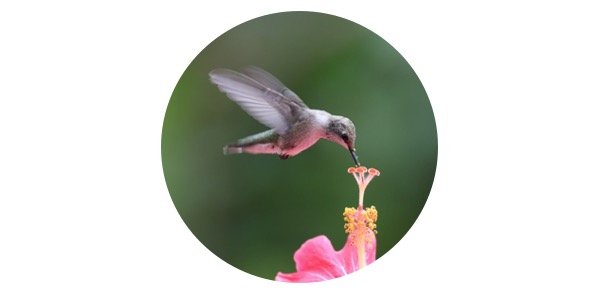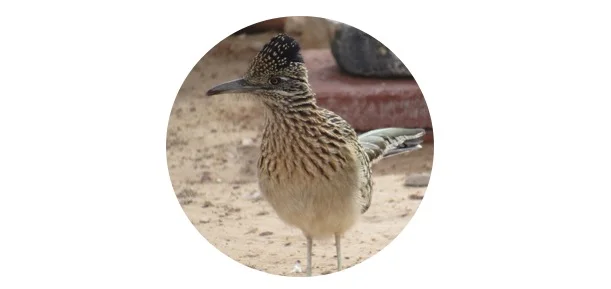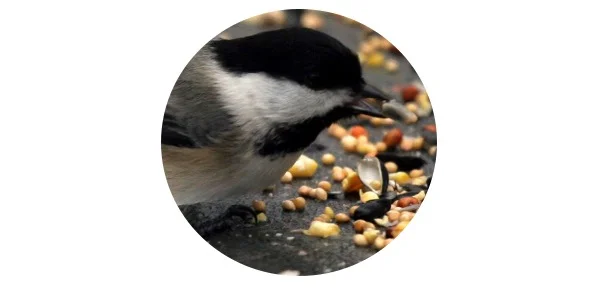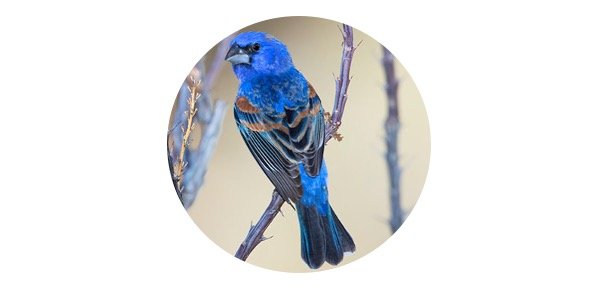Can Birds Smell? All You Need To Know
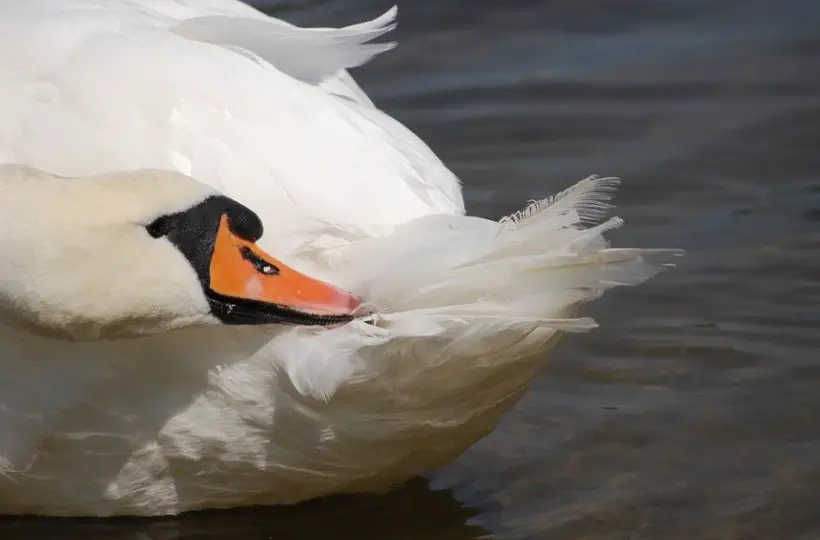
Table of Contents
Can Birds Smell?
Birds are recognized for their acute senses of sight and hearing rather than their sense of smell. When you look carefully at a bird’s beak, you can generally see that it has nostrils, called nares, that enable it to take in both air and odours. Can birds smell if they have nostrils?
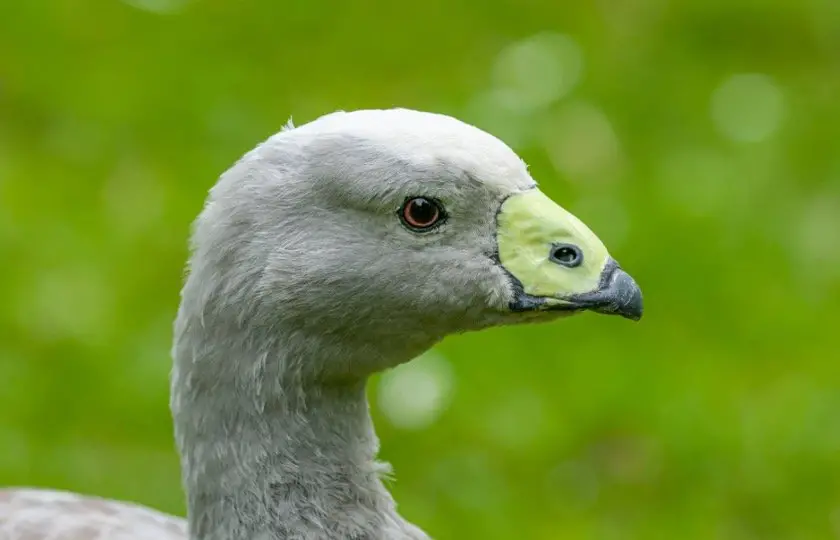
For generations, it was considered that birds could not smell and relied only on their vision to comprehend and interpret their surroundings. Today, scientists have shown that many species of birds have a sense of smell, and for some, it plays a significant part in their daily behaviour.
Many bird textbooks and other sources continue to claim that birds have a weak or non-existent sense of smell; this has sparked great dispute, and researchers are currently attempting to’rewrite the history books.’
Many birds have six senses in addition to their sense of smell: taste, smell, vision, hearing, touch, and magnetic field sensing. Continue reading to learn more about how and why birds smell, as well as why the subject has become so controversial!
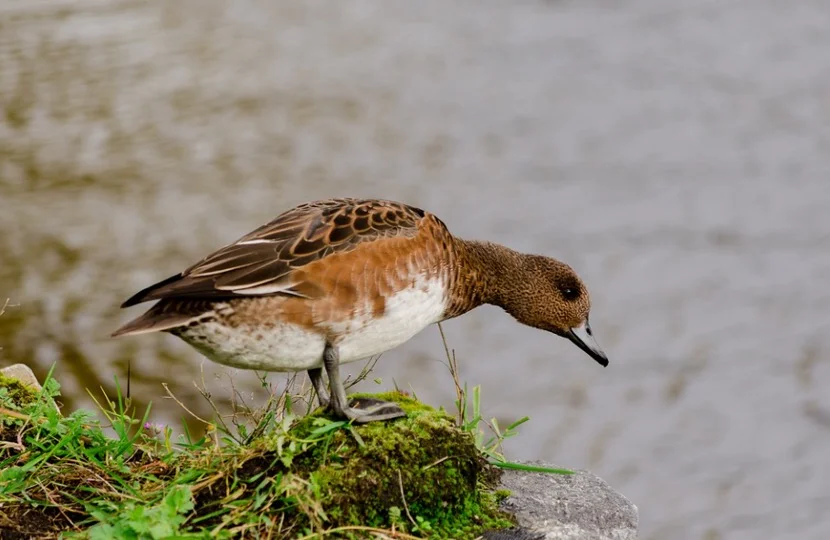
Can all birds smell?
The manner in which birds utilize their sense of smell vary greatly across species, however there are certain clear evidence that many birds use at least some sense of smell in their daily behaviours. Many birds, for example, will not approach their nests if they smell predators, such as Blue Tits, which shun the odours of weasels.
Because kiwis have notably tiny and weak eyes among birds, they are noted to smell and feel their food amid the foliage rather than see it. Albatrosses can detect floating carrion from up to 12 miles away, allowing them to find food in the wide ocean without having to see it.
One of the most fascinating instances are European Starlings, who can discriminate between various herbs by scent and would go out of their way to place particular delightfully smelling plants near their nests to attract females.
Researchers are still figuring out how birds use their sense of smell, and most of the data has come to light in the past few years.
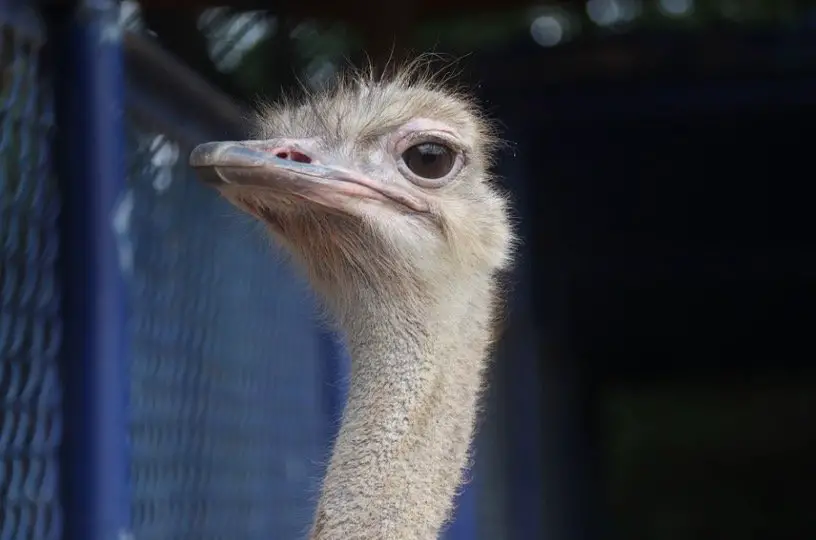
Do birds have noses?
Not precisely, although birds do have nares, which are nostrils. They lack the same nose structure as mammals and instead smell via their nares, which also carry air into their respiratory system.
Any smells carried by the air are taken up by neurons in the nasal canal, which transform scents into electrical impulses that are picked up by the brain in the same manner that other animals do.
How do birds smell?
Birds ingest air via their nares, and scents are presumably recognized by olfactory nerves and conveyed to the brain on their route to their breathing sacs (since birds do not have lungs like mammals).
One of the unique qualities of birds’ sense of scent is that it varies greatly across species and does not always correspond with the size of their olfactory bulb, the key brain region connected with smelling (olfaction).
It is often considered that bigger olfactory bulbs indicate a more acute sense of smell, although this is not the case with birds. Some birds, such as the Dark-eyed Junco, have been shown to use their sense of smell and have small – even microscopic – olfactory bulbs.
So, although birds most likely use some of the same biological machinery as other animals to smell, there are several critical distinctions that remain mostly unknown to scientists.
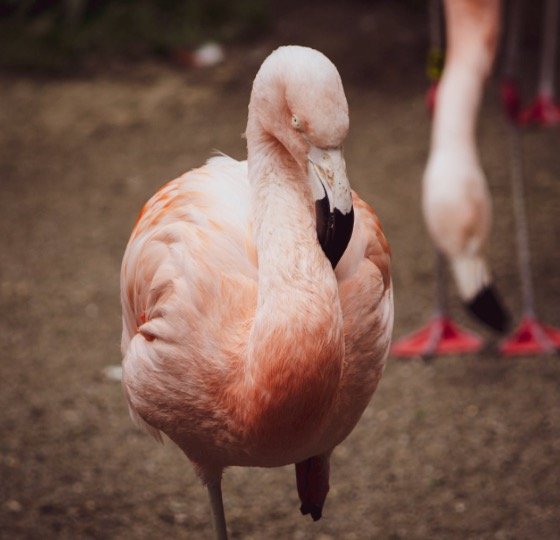
How do we know that birds can smell?
In the 1820s, the famed scientist and ornithologist James Audubon performed an experiment to see whether birds have a sense of smell. By dragging a rotted hog corpse into a field, he discovered that the odour bait failed to attract wild Turkey vultures.
In reality, Turkey vultures are exclusively attracted to freshly killed carrion, often animals that perished within the past 24 hours. The corpse Audubon provided them was much too rotten; the vultures were most likely (and ironically) turned off by the stench.
The scientific rigour used in the 1820s was obviously not as strong as it is now, and the conclusion “birds can’t smell” was later included into the ornithology curriculum.
Numerous investigations have now proved that birds can smell and that some use their sense of smell on a daily basis, not just for survival but also for courting, mating, and other functions.
These explanations are still popular in textbooks: ‘birds can’t smell,’ ‘birds don’t need to smell,’ or ‘birds don’t depend on their scent,’ although the data is obvious.
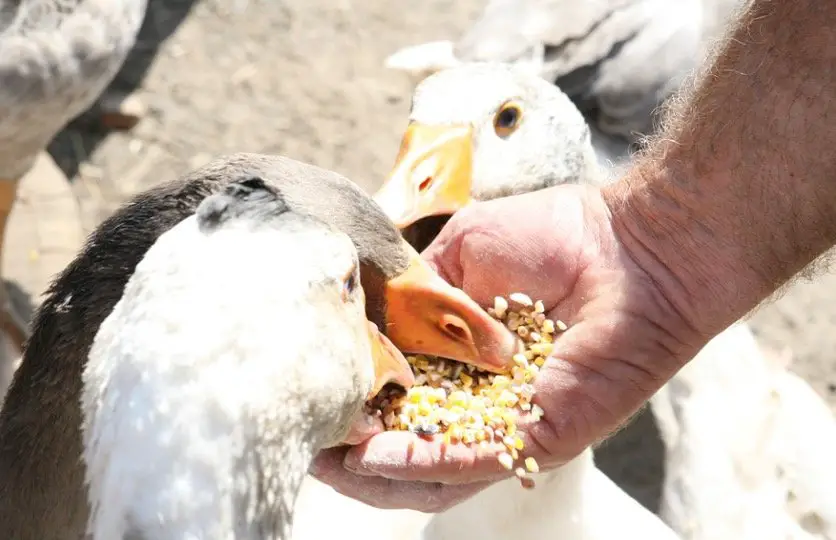
Can wild birds smell bird seeds?
Because seeds do not have a strong odour, most birds are unlikely to detect wild bird seeds. Instead, they’ve most likely connected the bird feeder or table with food and are on the lookout for any movement that may indicate food.
Can birds smell humans?
There is a long-held idea that birds would leave their nests, eggs, or young if they are disturbed by people, either because they see or smell them. While disturbing nesting birds is seldom suggested unless there are extenuating circumstances, most birds will ignore innocuous or unintentional intervention.
It’s not so much that birds can’t smell or perceive anything as they don’t correlate that scent with danger. If, on the other hand, a weasel was digging about in a bird’s nest and left its telltale smell behind, certain bird species would forsake their nest to build a new one in a safer spot.
This demonstrates that fragrances instruct birds, but there are still just precise linkages between odours and risk.
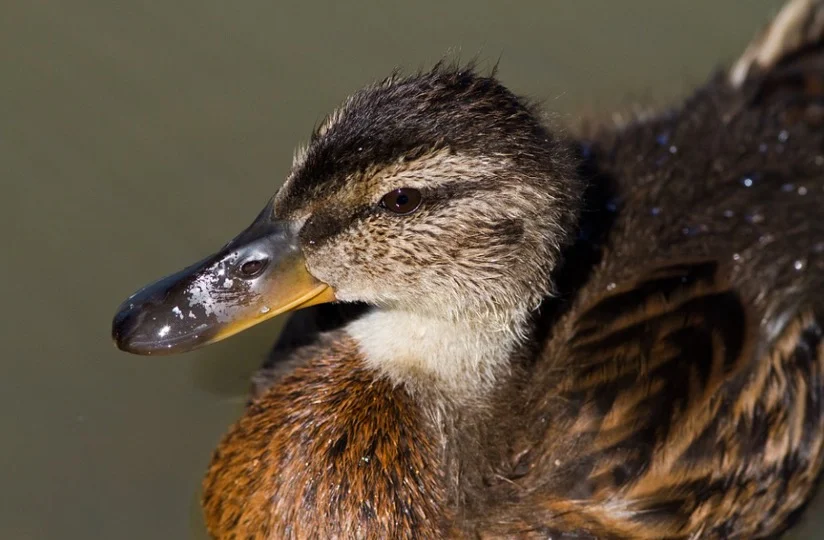
Can birds smell food?
While most birds hunt and forage mostly by sight, their sense of smell does play a role in certain species. Several bird species, including various parrots, kiwis, albatrosses, and vultures, have been shown to smell food.
Albatrosses have been spotted smelling floating carrion from 12 miles away, but parrots sniff out various types of fruits and berries when foraging.
Vultures use scent to determine how rotten a body is, while kiwis use smell to find food, since their vision is among the worst of all birds. Many birds can smell food, but it’s possible that it’s not the primary method they discover and hunt for food.
Are birds odourless?
Birds are highly sanitary and clean themselves on a regular basis. Some do, however, release oils and other substances that keep their feathers healthy, which may have a distinct odour.
Some bird nests have a strong odour. Birds, on the other hand, are typically odourless creatures; even the droppings of a healthy bird have a mild odour.
